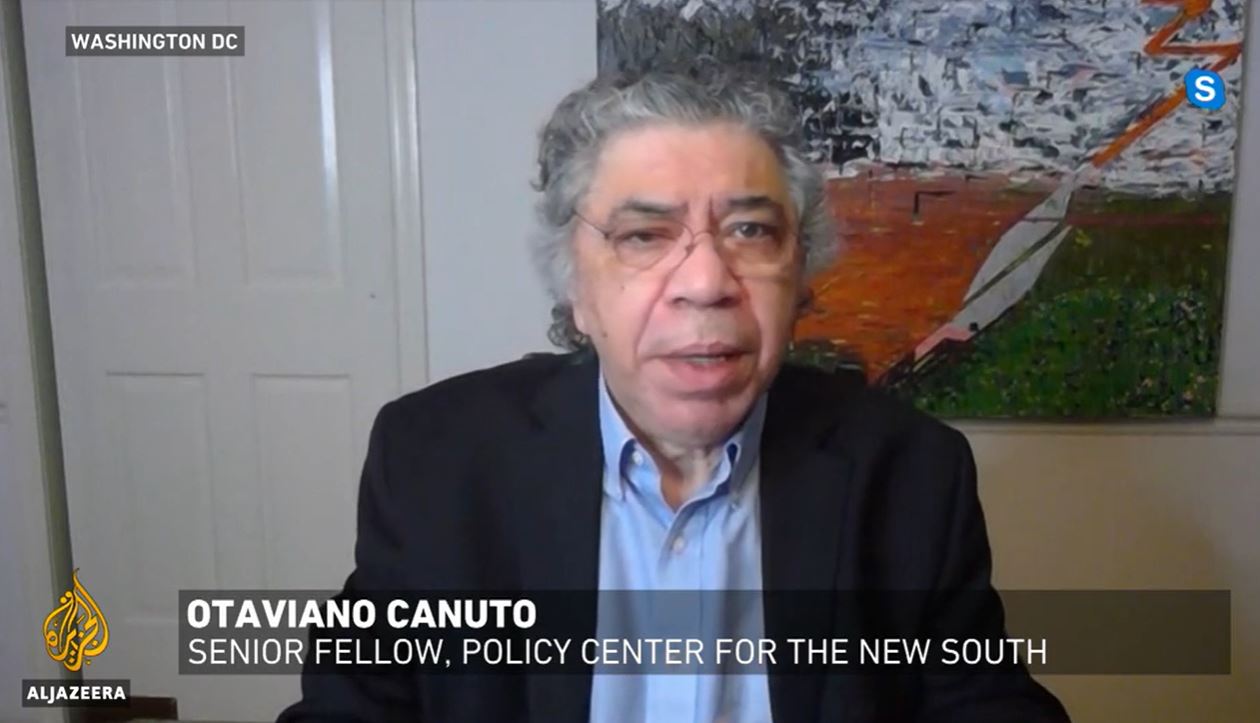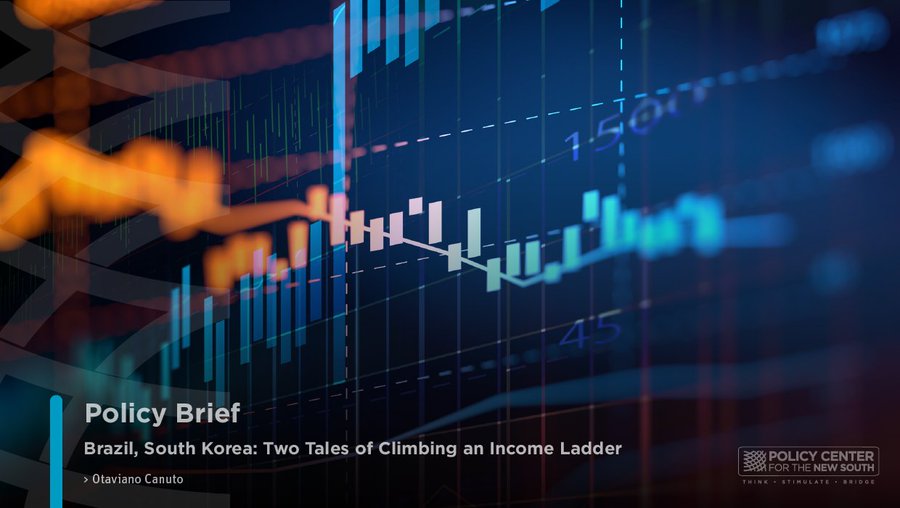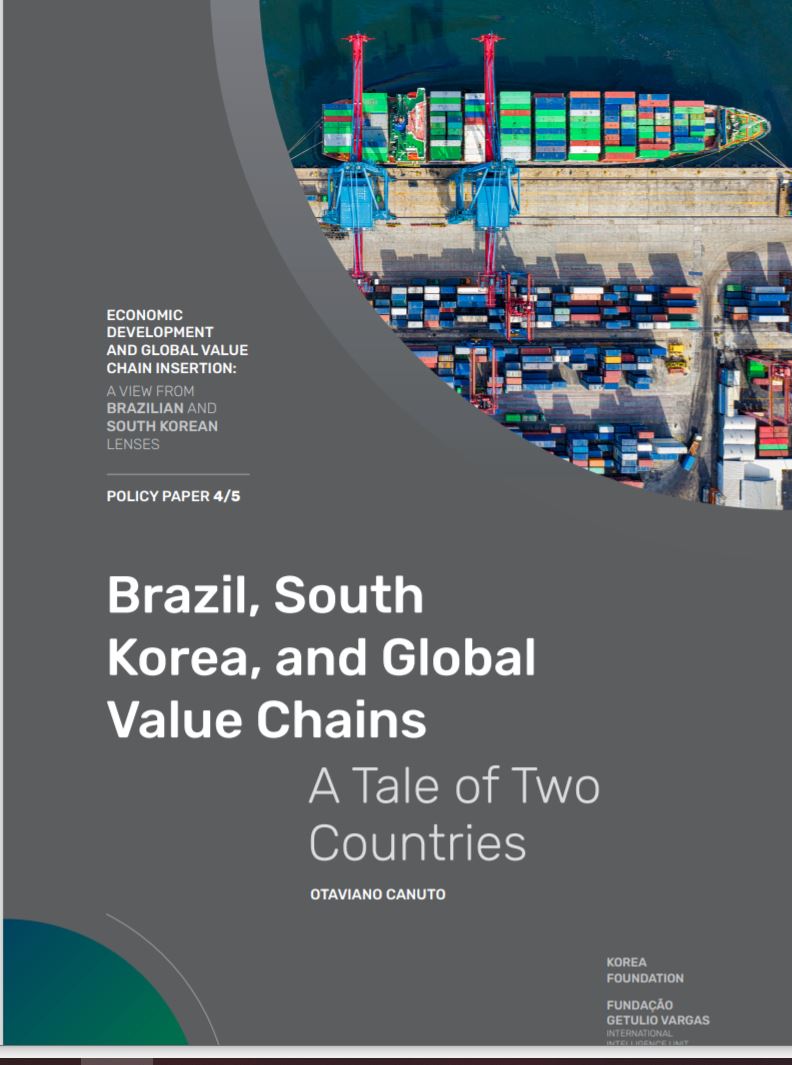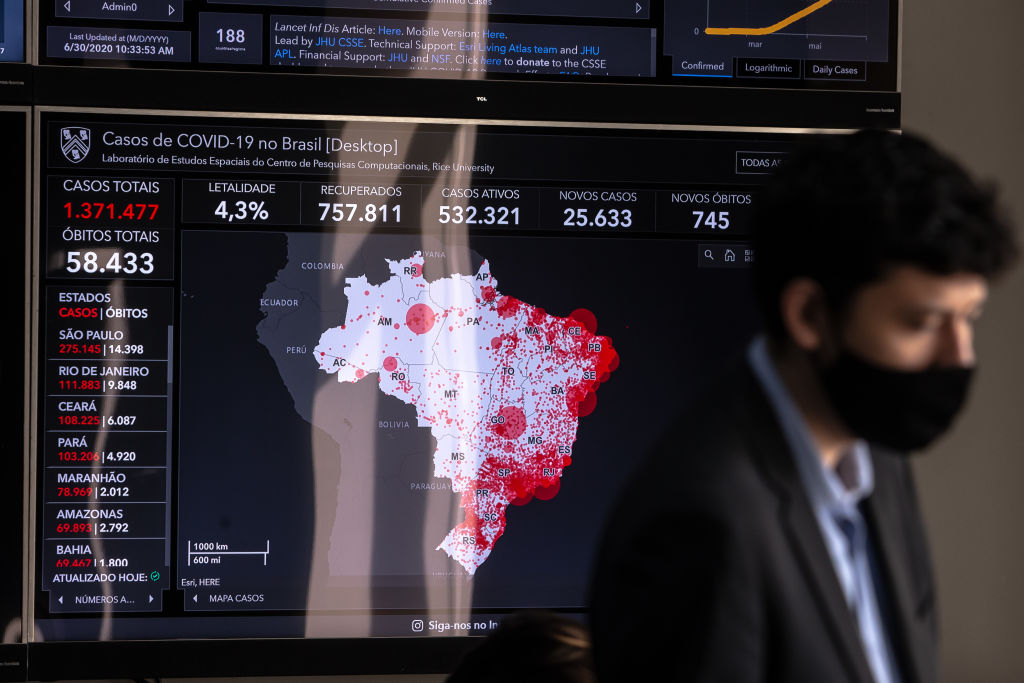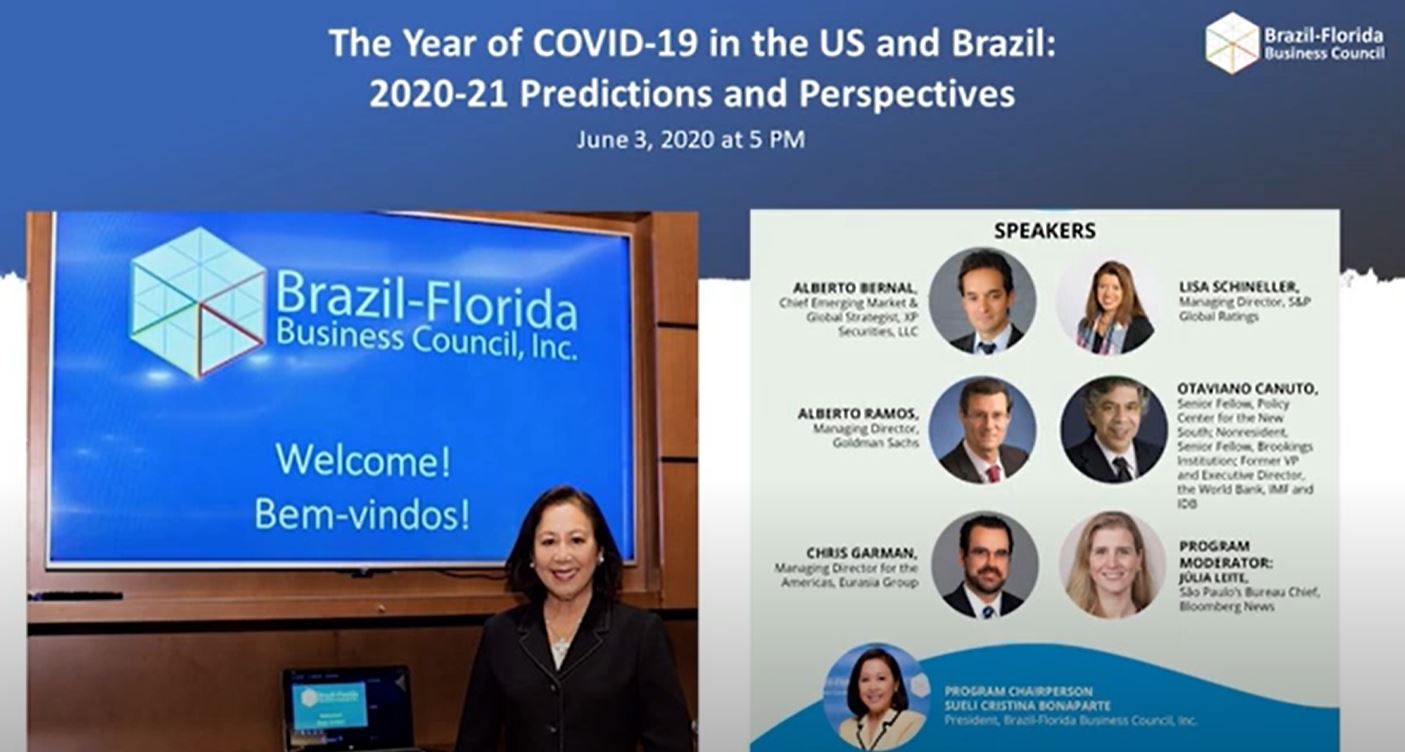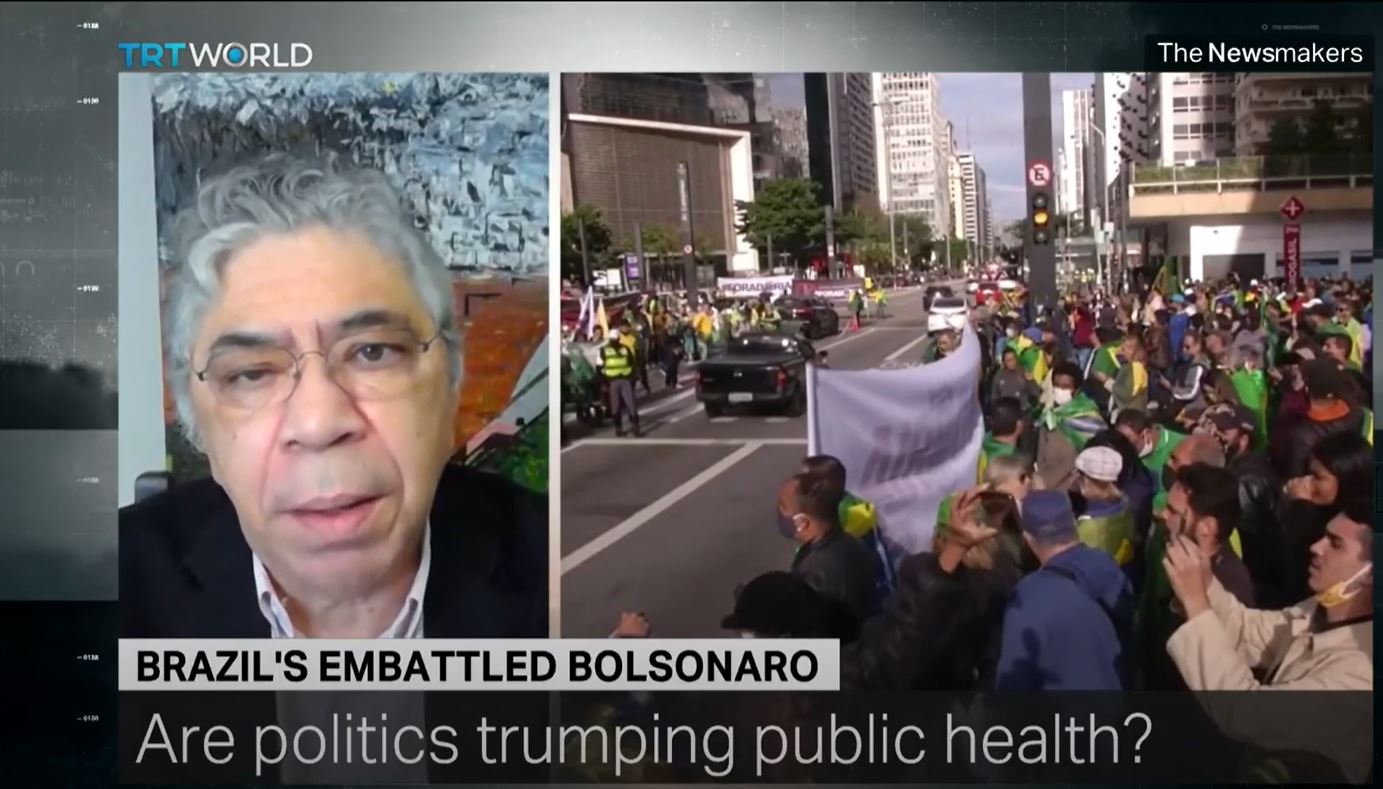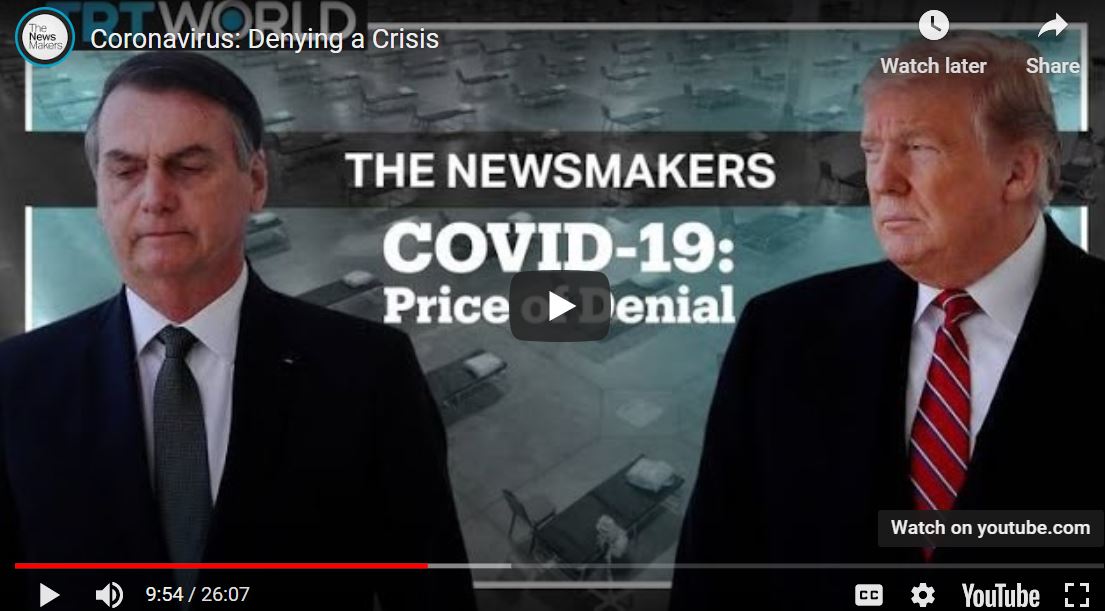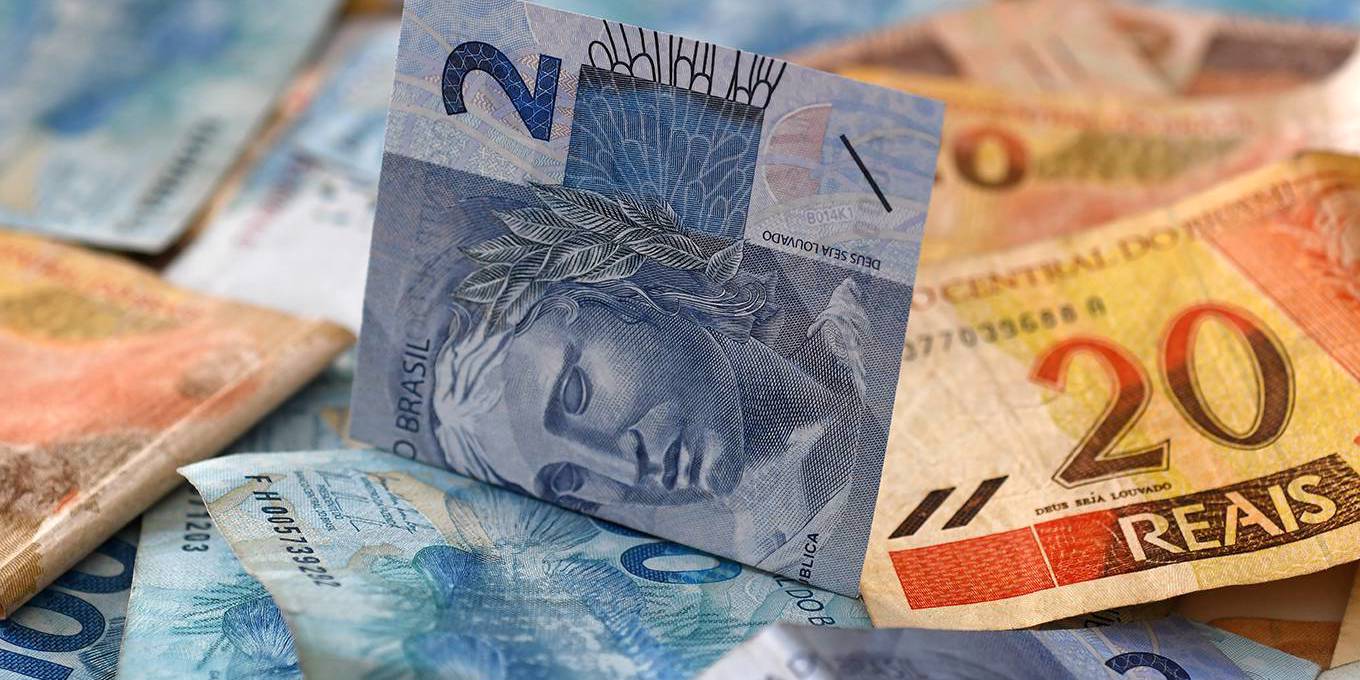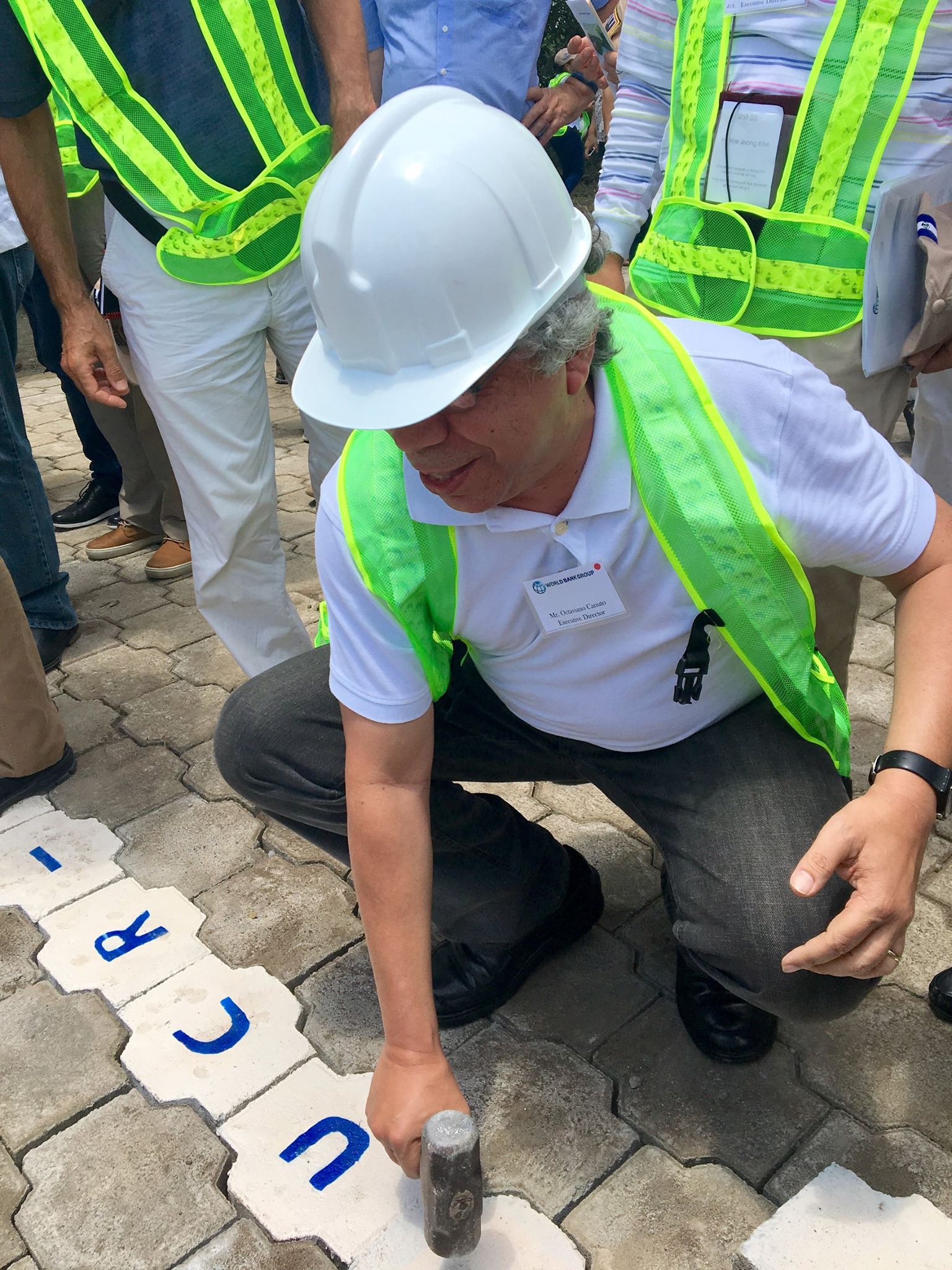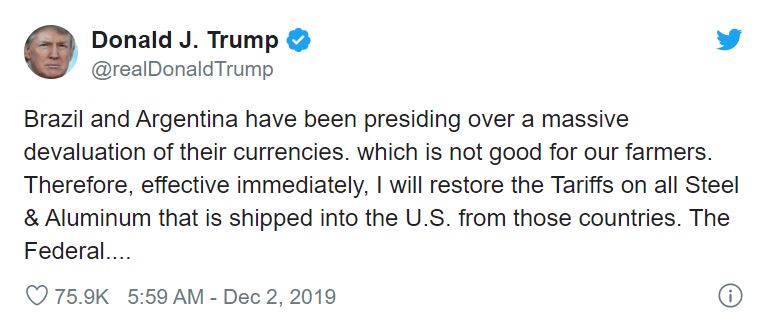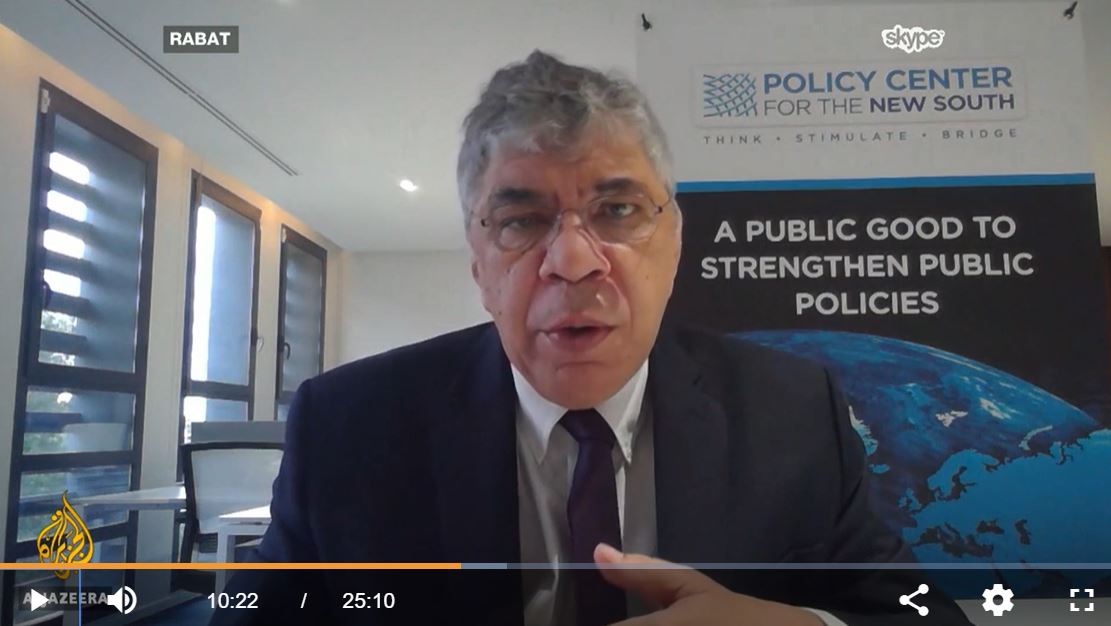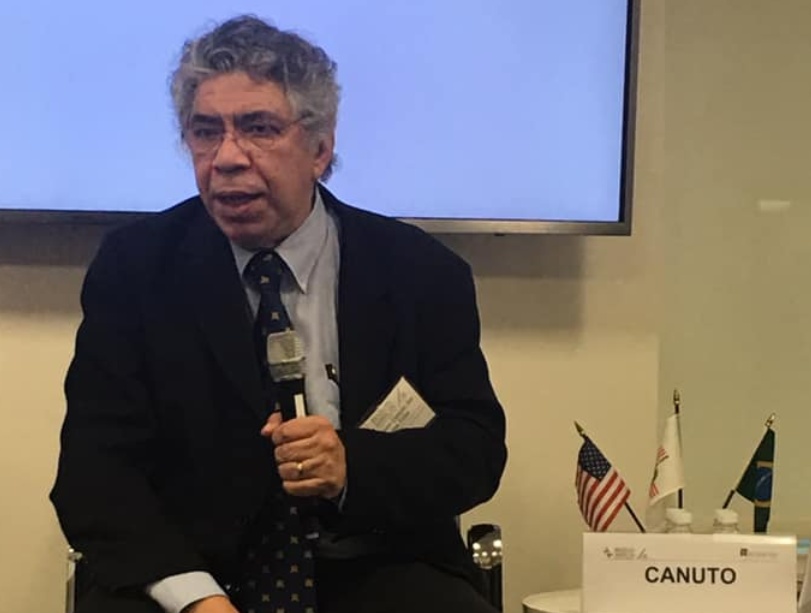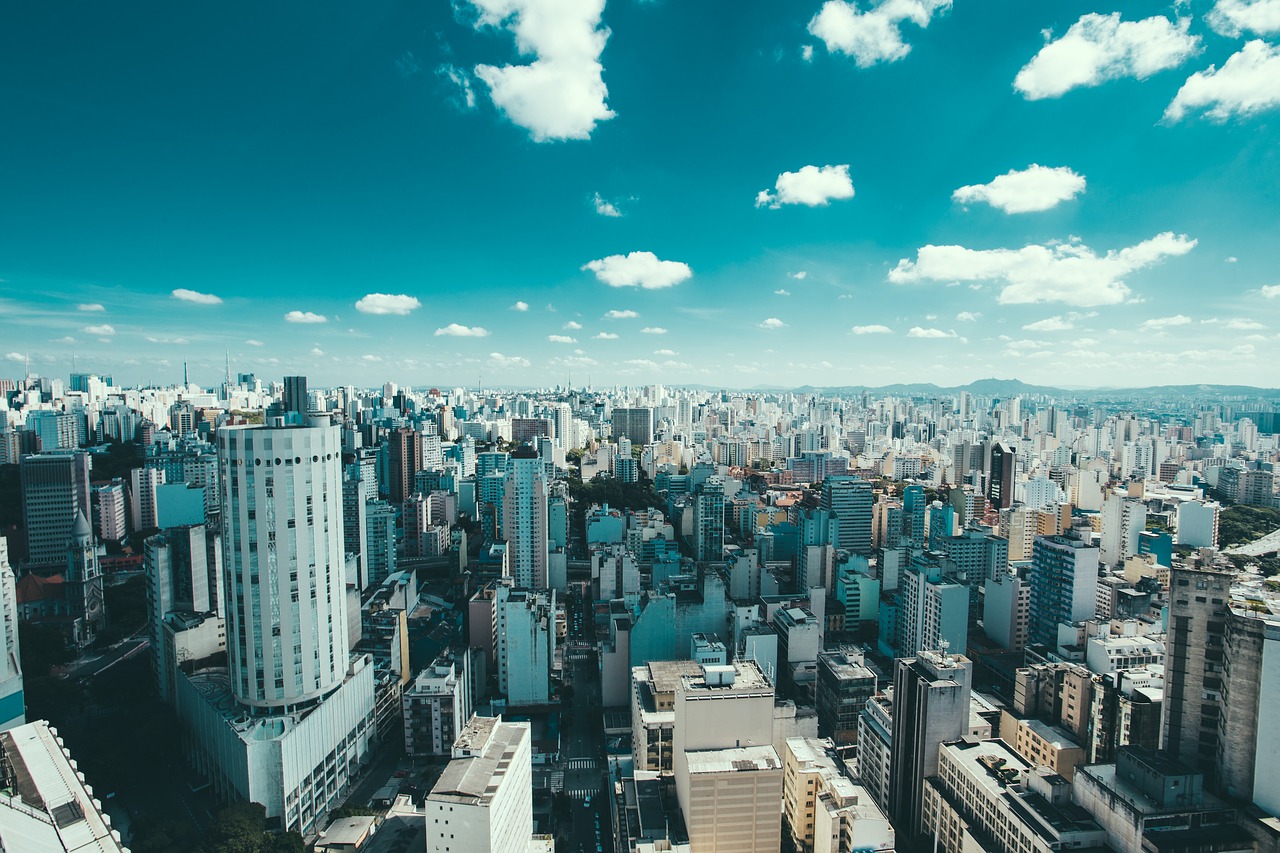Why is President Bolsonaro’s popularity on the rise in Brazil?
Despite downplaying the seriousness of COVID-19, Brazil’s president’s approval rating is at its highest since he took office. Brazil has the world’s second-highest number of coronavirus deaths after the United States. President Jair Bolsonaro’s dismissive stance has helped oversee the coronavirus’ rapid spread, with more than four million cases and 135,000 deaths rocking the country. Millions have lost their jobs and the economy is in recession. But support from the poor has made Bolsonaro’s popularity rocket to its highest level since he took office in 2018. So what is the reason for this?

